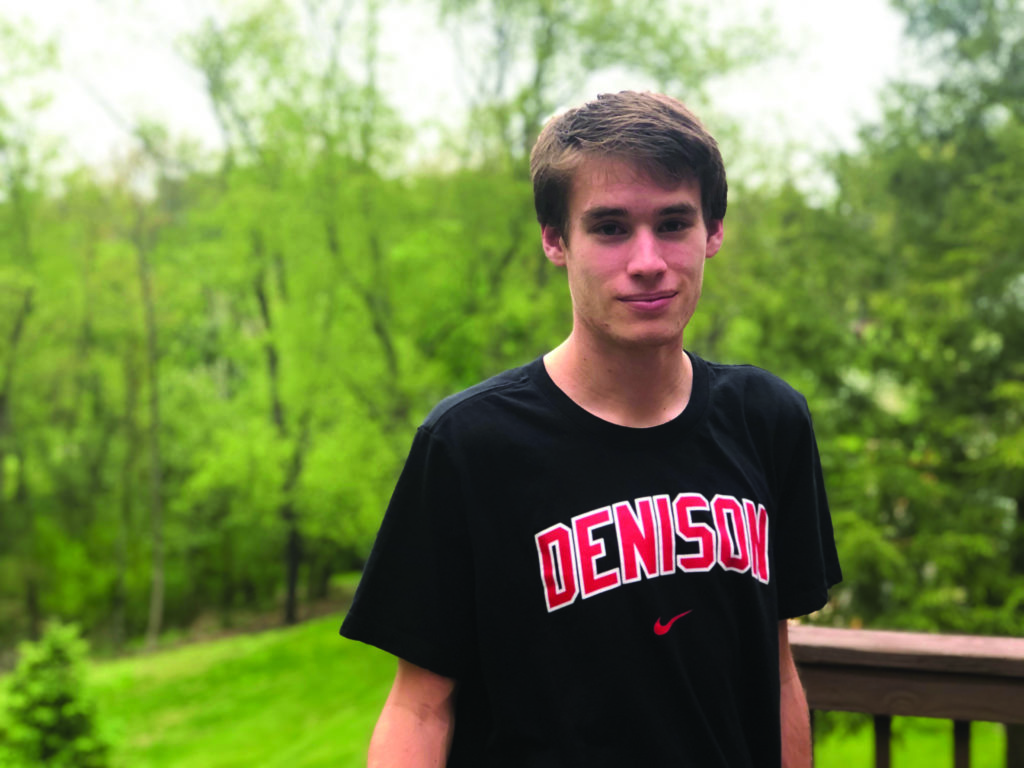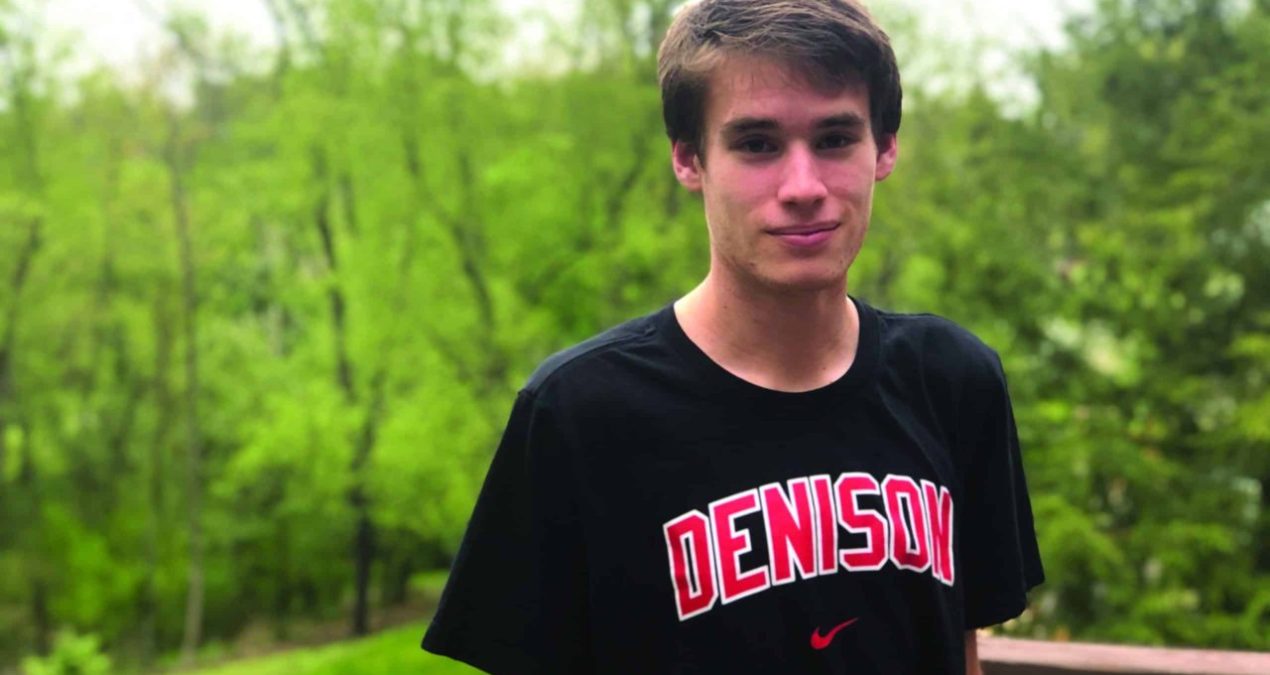
HARRISON HAMM, Opinion Editor —
Last week, the Atlanta Braves won the 2021 World Series over the Houston Astros. It was a surprising win for a fun, exciting team.
One of the major off-field stories of the Series was Braves’ fans use of the “chop” — a downward motion that mimicks a Native American tomahawk as part of the Braves’ wider Native American identity. It is a unifying force for Braves fans, but it is also capitalizes on and misrepresents Native American culture.
There is wide opposition to it among Natives. To use just one example, the National Congress of American Indians issued a statement last week that said, “Native American people are not mascots and degrading rituals like the ‘tomahawk chop’ that dehumanize and harm us have no place in American society.”
That the ‘chop’ is racist and should be outlawed shouldn’t be too difficult to decide. It’s hard, though, to convince swaths of baseball fans riding the high of a successful season that their signature expression of goodwill for their team is harmful to an entire group of people.
We should remember that most of the fans taking part in the ‘chop’ aren’t doing it with racist intentions. It was the same for years when fans of the Washington NFL team parroted a racist name that was only recently changed.
It’s tradition, and it’s something that people have developed an emotional connection to. The onus should be on the team to phase it out and give fans something new to rally around.
Instead, the team has drastically complicated this process by transforming this issue into a culture war. Even amid society’s many changes in the past couple of years, it has stood heartily by the chant. During the World Series, FOX would pan around a bouncing Braves stadium during big moments and show the whole stadium doing the chop — with the commentators shutting up and letting the jubilant crowd fill the air.
It’s all part of a thinly-veiled effort to essentially assert the right of mostly white baseball fans to take part in a practice that demeans Native Americans for the purpose of sports.
The Braves organization tripled down during the Series by inviting former president Donald Trump to a game. Trump happily took part in the chop with the rest of the stadium.
As the chop has seen its fame, or infamy, grow during the Braves’ championship run, it becomes harder to justify the entire stadium mindlessly doing it. You’d think that more and more people might recognize that the chop is degrading.
But when the whole stadium is doing it, and the team is winning, and it’s an exciting communal atmosphere, it is hard for people to think of a simple downward hand motion as being such a negative toward a minority population in society.
The fact remains, though, that Native Americans have a myriad of problems with the chop — and with Native American names like “Braves” overall.
There is an understandable desire to preserve traditions for those that have positive perceptions or memories of them. But one person’s reluctance to stray from tradition pales in comparison to the negative consequences for Native Americans.

